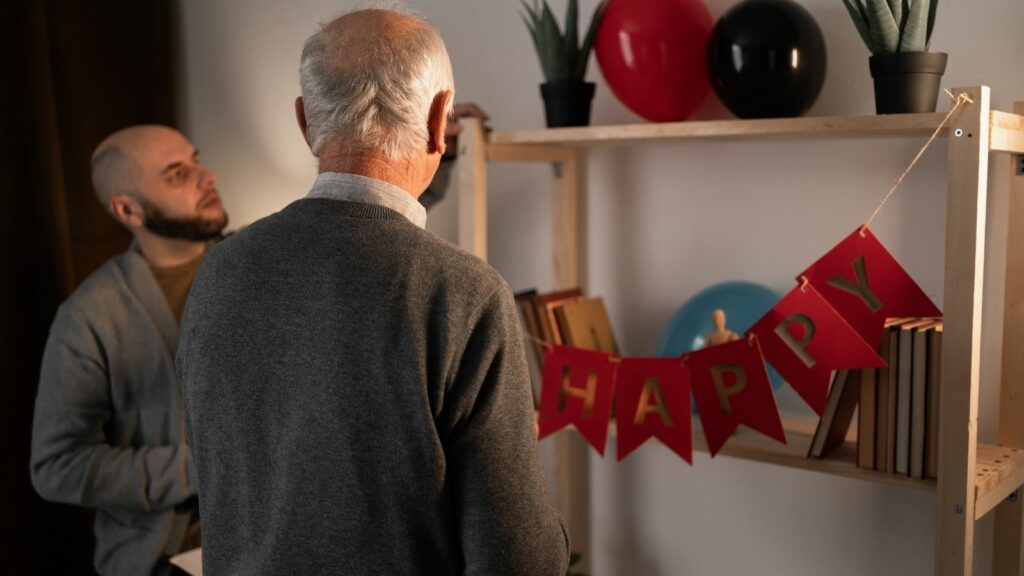The 1970s bring back memories of vibrant disco lights, family road trips, and long evenings of board games around the table. It was a simpler time when certain family traditions felt warm and cherished. But as society has grown and evolved, we’ve gained new perspectives on safety, inclusivity, and emotional well-being.
Some beloved practices from that era, while endearing in their own way, don’t quite hold up to the values we embrace today. Here’s a look at 19 family traditions from the ‘70s that might make us cringe a little now, even if they still hold a nostalgic place in our hearts.
Smoking Indoors

Back in the ‘70s, the smoky haze of a living room wasn’t unusual. Parents would smoke casually during family gatherings, and ashtrays were as much a part of the décor as the shag carpet. Today, we know too much about the dangers of secondhand smoke to ever go back to those days. What once seemed normal now feels unimaginable when we think about the impact on children’s health.
Corporal Punishment
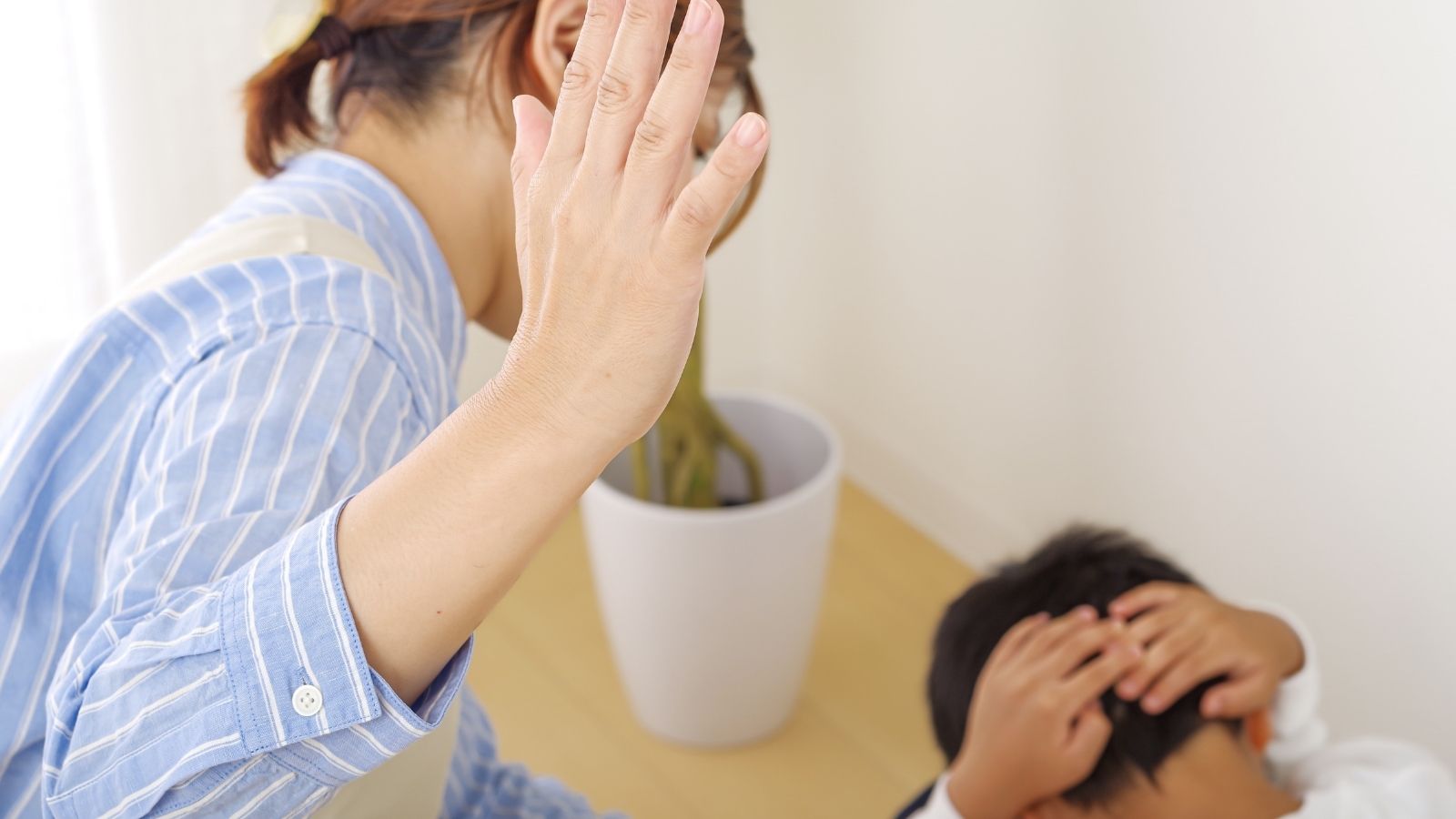
“Spare the rod, spoil the child” was a common mantra, and spanking was a go-to form of discipline. It wasn’t seen as cruel; it was just what parents did to “teach a lesson.” However, modern research has shown us that physical punishment can have long-term emotional effects on kids. Today, more parents opt for gentler, more constructive ways to guide their children.
No Seatbelts, No Problem

If you grew up in the ‘70s, chances are you remember sprawling out in the back seat or even riding in the open bed of a pickup truck. Seatbelt laws weren’t widely enforced, and child safety seats were often nonexistent. Given how strict today’s car safety rules are, it’s almost hard to believe now. It’s a good chance—keeping our kids safe is worth sacrificing that carefree (but dangerous) freedom.
Strict Gender Roles

The boys played with trucks and footballs. Girls got dolls and tea sets. That was just the way it was. The idea of letting kids freely choose their interests wasn’t really on anyone’s radar. Thankfully, we’ve come a long way. Today’s parents are likelier to encourage their children to explore whatever hobbies or passions they’re drawn to, regardless of traditional gender norms.
Racist or Stereotypical Costumes
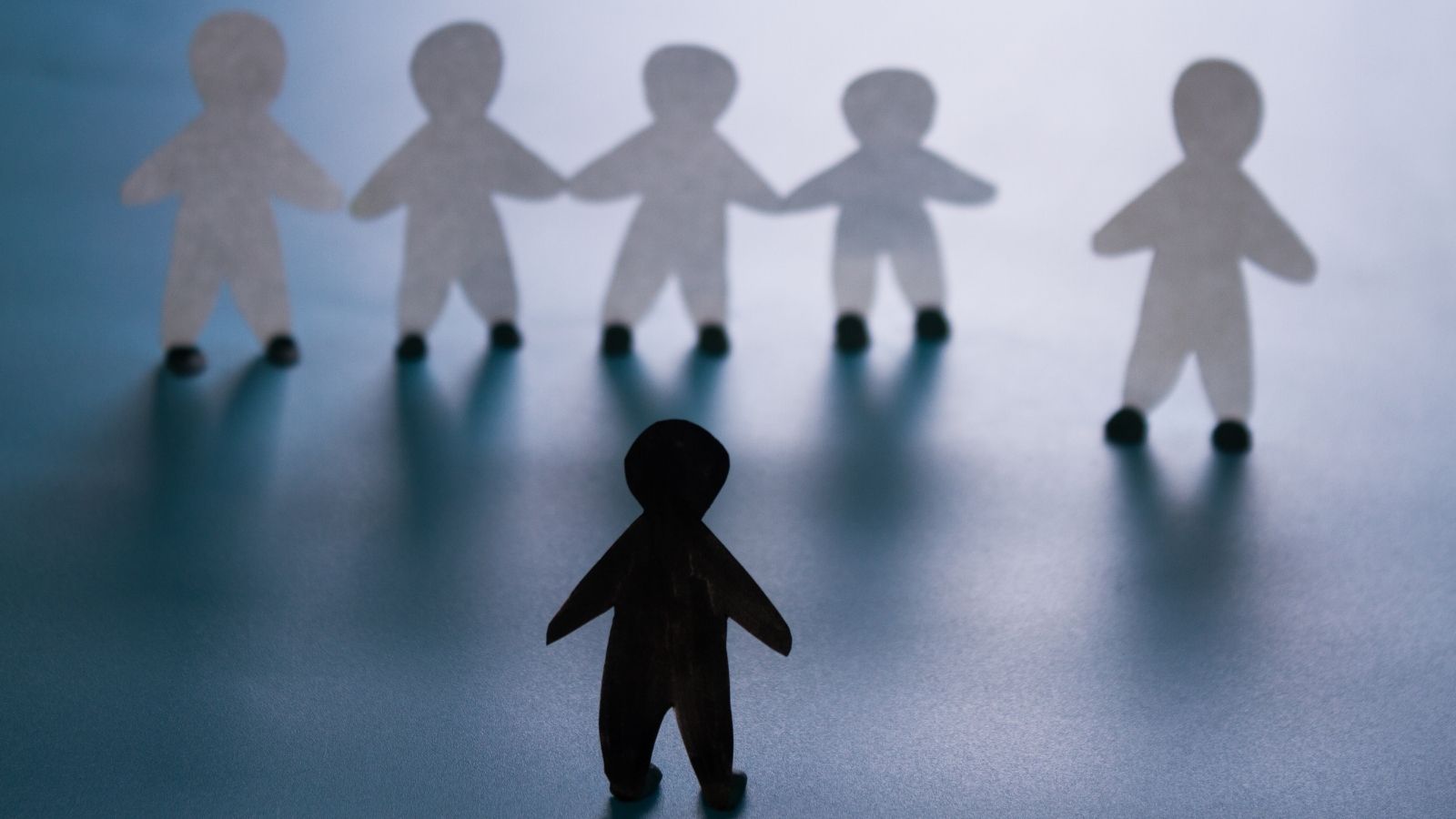
Back then, no one thought twice about dressing up as a cowboy and “Indian” duo for Halloween or school plays. These costumes were seen as fun, not offensive. But as we’ve learned more about cultural appropriation and the harm these portrayals can cause, such traditions feel outdated and disrespectful. Today, there’s a push to choose creative costumes without being hurtful.
Latchkey Kids
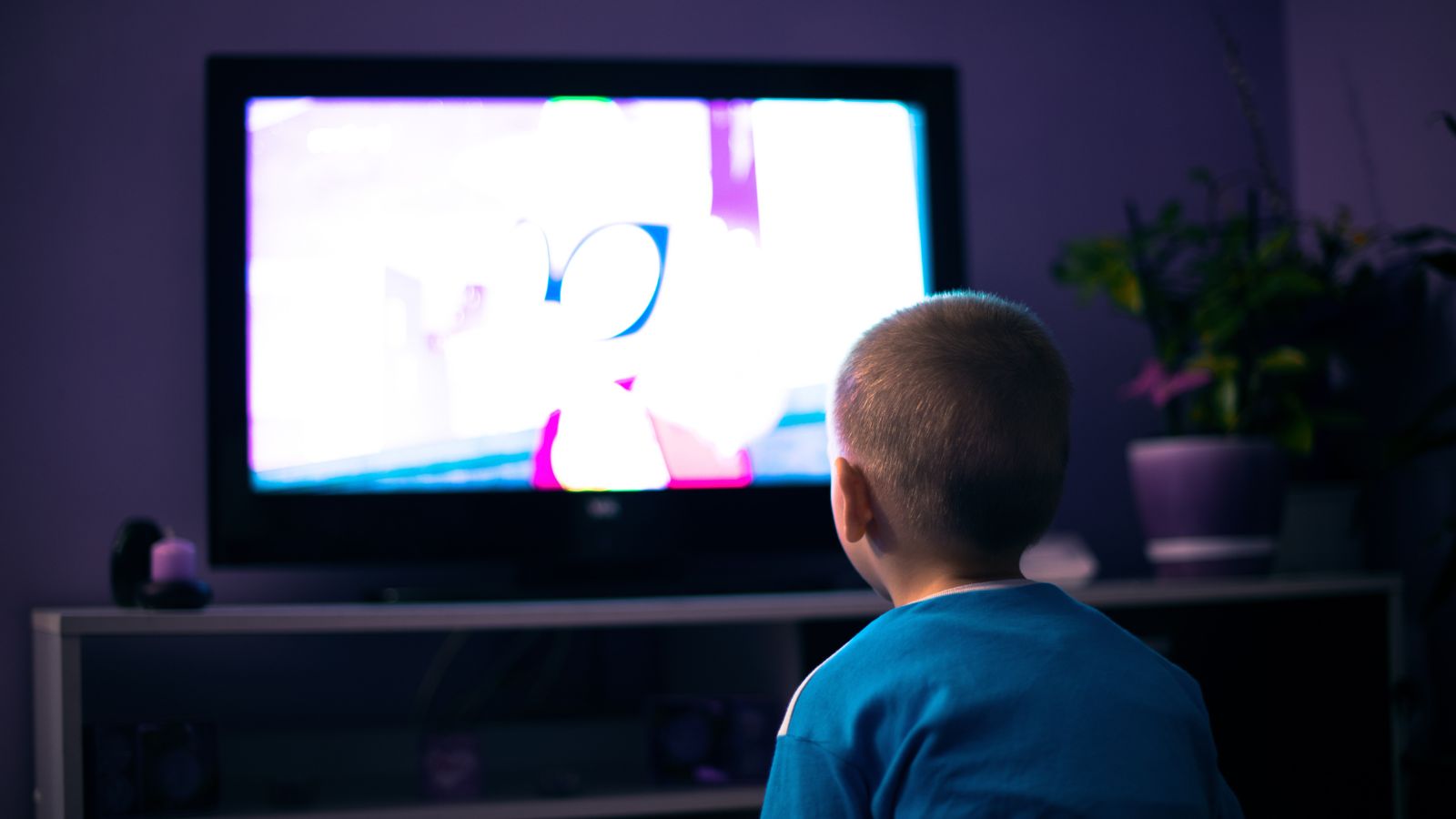
In the ‘70s, it wasn’t unusual for kids to come home to an empty house after school. Parents were at work, and kids learned to fend for themselves. While there’s something to be said about the independence this fostered, the lack of supervision also came with risks. These days, parents are more likely to ensure their children have safe after-school care or a supportive adult nearby.
Drinking Alcohol Around Kids

Family BBQs and holidays often involved adults with a drink in hand—sometimes offering kids a sip of beer or wine to make them feel “grown-up.” It was all good fun then, but today’s parents are much more aware of how such moments can set the wrong example. Now, the focus is on modeling healthy and responsible attitudes toward alcohol.
Commenting on Weight

“Oh, you’ve gained a little weight!” or “You’re looking skinny!” were comments many families casually tossed around in the ‘70s. While these remarks might have been intended as observations or compliments, we now understand how damaging they can be. Today, there’s a stronger focus on fostering positive body image and avoiding conversations that could hurt someone’s self-esteem.
Forced Affection

“Give your aunt a kiss!” was a phrase kids always heard. Refusing wasn’t an option—it was about being polite. But in hindsight, forcing physical affection taught kids to override their boundaries. Modern parenting focuses on teaching children the importance of consent, even with family members, which is vital in building their confidence and autonomy.
Casual Use of Offensive Language

Certain words and phrases commonly used in the ‘70s wouldn’t fly today. Back then, people didn’t think how their words could hurt marginalized communities. Thankfully, we’ve grown more aware of the power of language and the need to be respectful of others.
Sunbathing Without Sunscreen

The ‘70s were all about tanning—no sunscreen required. Parents and kids alike would spend hours in the sun, believing a tan was a mark of good health. These days, we know better. With increased awareness about skin cancer, sunscreen and protective clothing are non-negotiables for any outdoor family time.
Dangerous Toys

Toys from the ‘70s were fun, but they weren’t always safe. Small parts, sharp edges, and even toxic materials were common. Who didn’t know someone who got hurt playing with a favorite toy? Thanks to stricter regulations, today’s toys are designed with safety in mind, giving parents more peace of mind.
Public Shaming as Discipline
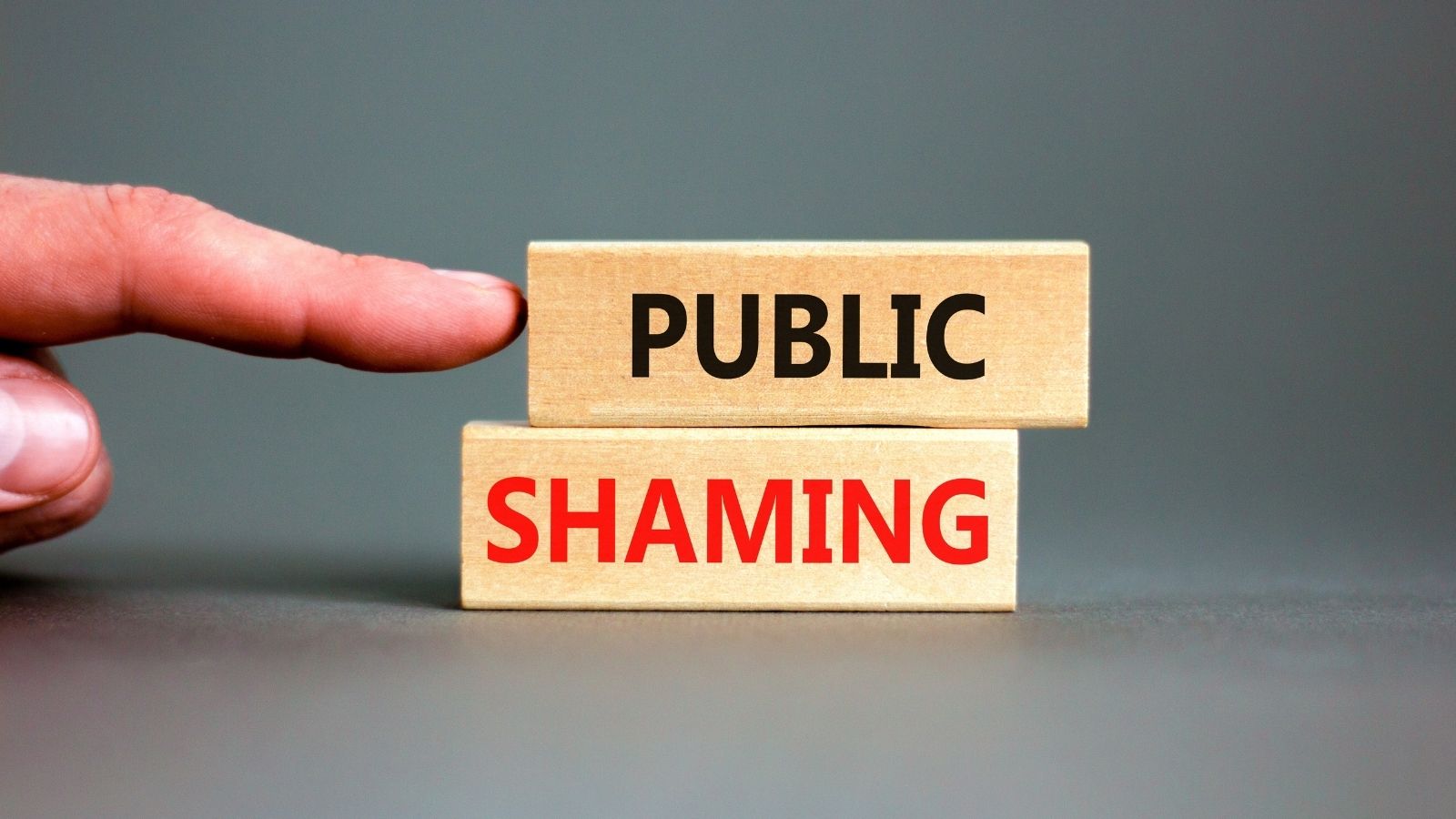
If you misbehaved in the ‘70s, you might find yourself standing in the corner with a sign detailing your “crime.” Parents believed this kind of public shaming would teach responsibility. Today, we understand that such approaches can harm a child’s self-worth. Modern discipline focuses on building trust and teaching lessons privately and respectfully.
Gender-Specific Gifts
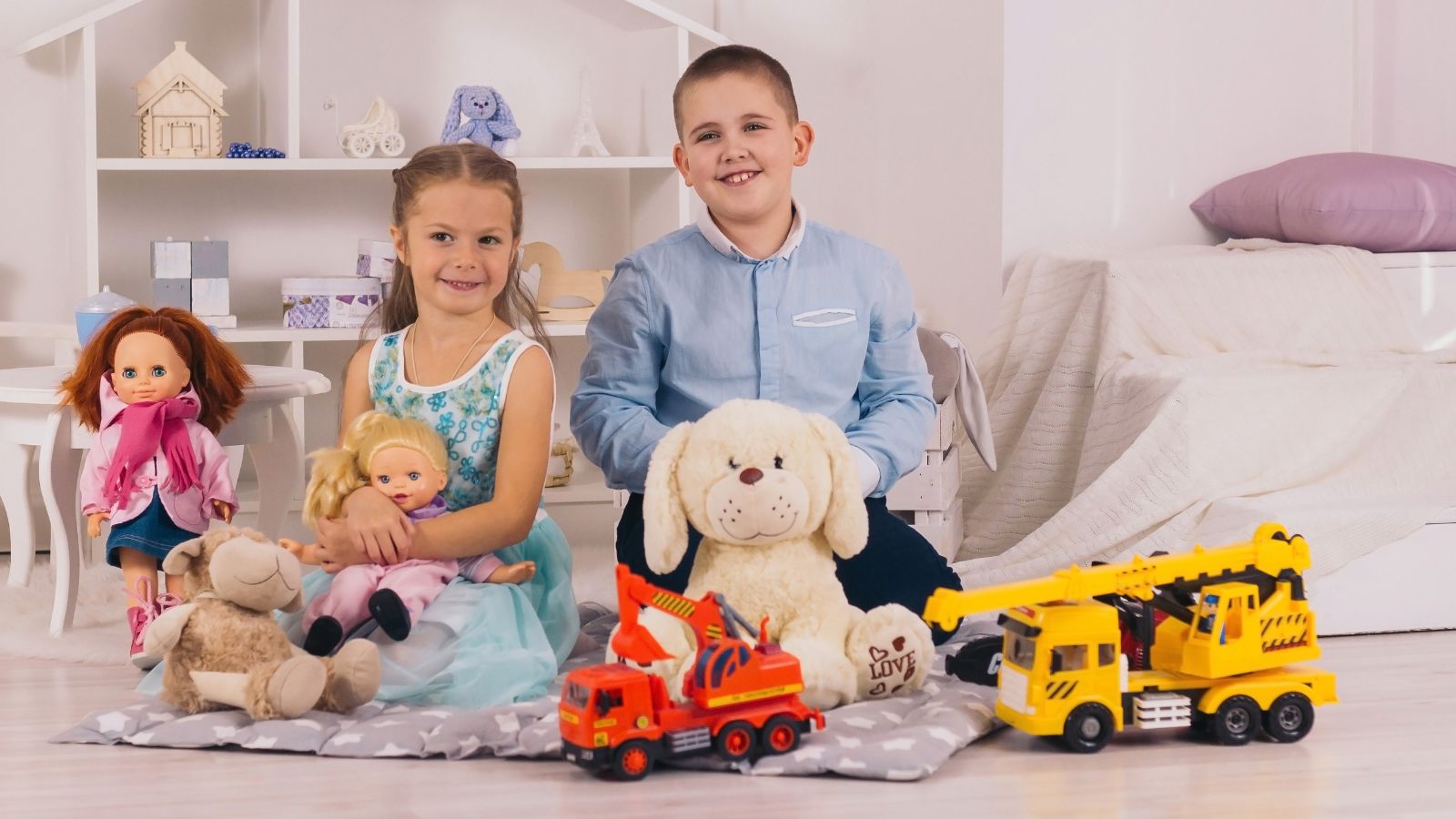
In the ‘70s, gift-giving often reinforced stereotypes. Girls got dollhouses; boys got toy guns. These days, parents are more likely to choose gifts based on a child’s interests rather than their gender, encouraging creativity and self-expression.
Fireworks at Home
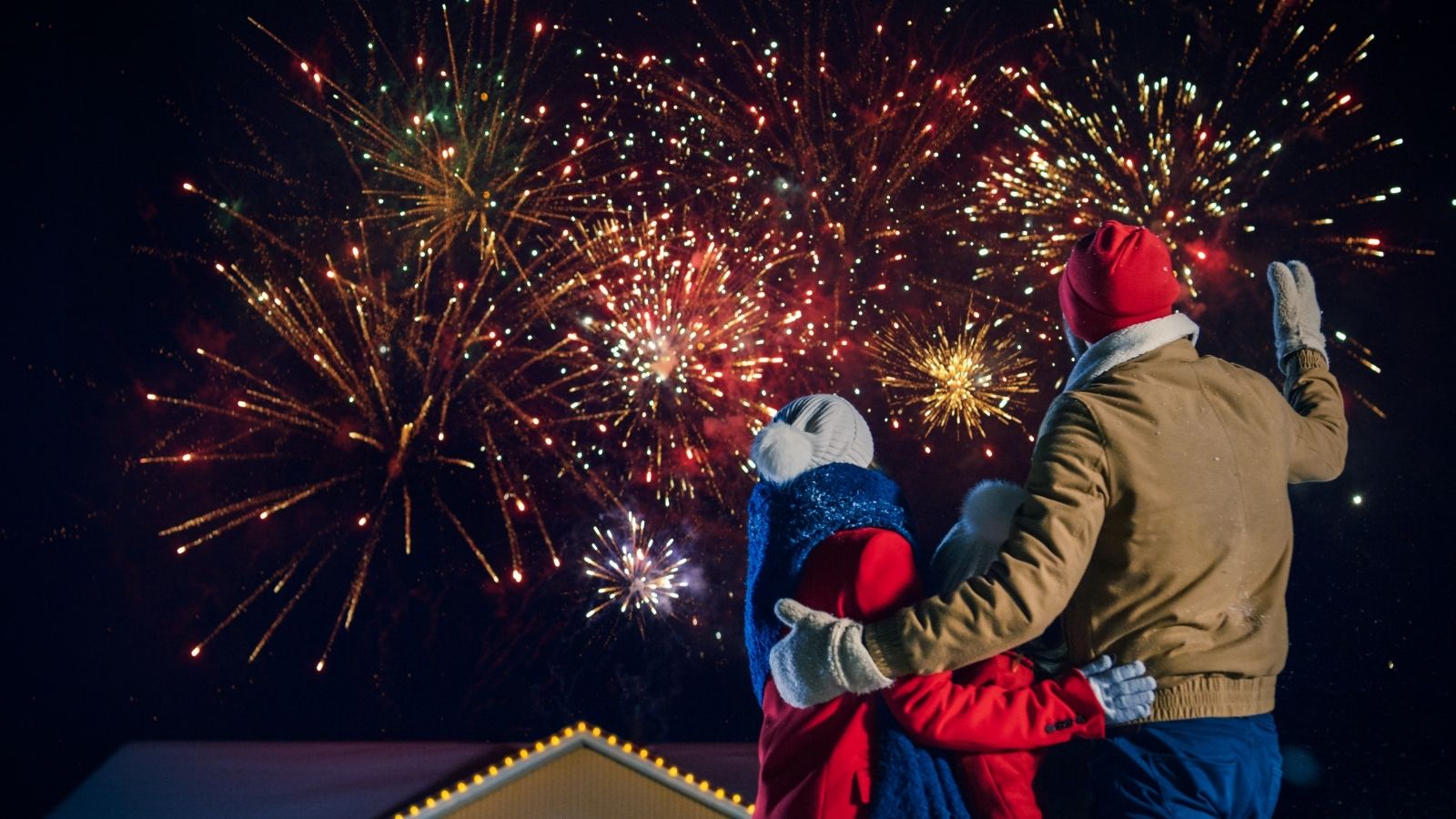
Lighting fireworks in the backyard was a thrilling tradition for many families. But without today’s safety regulations, it also led to countless accidents. While the professional displays we enjoy now might lack the hands-on excitement, they’re far safer for everyone involved.
“Kids Will Be Kids” Fights

Sibling squabbles were often dismissed as normal, with little effort to mediate or resolve conflicts. While it’s true that disagreements are natural, modern parenting focuses more on teaching kids how to communicate and resolve issues peacefully.
Ignoring Mental Health
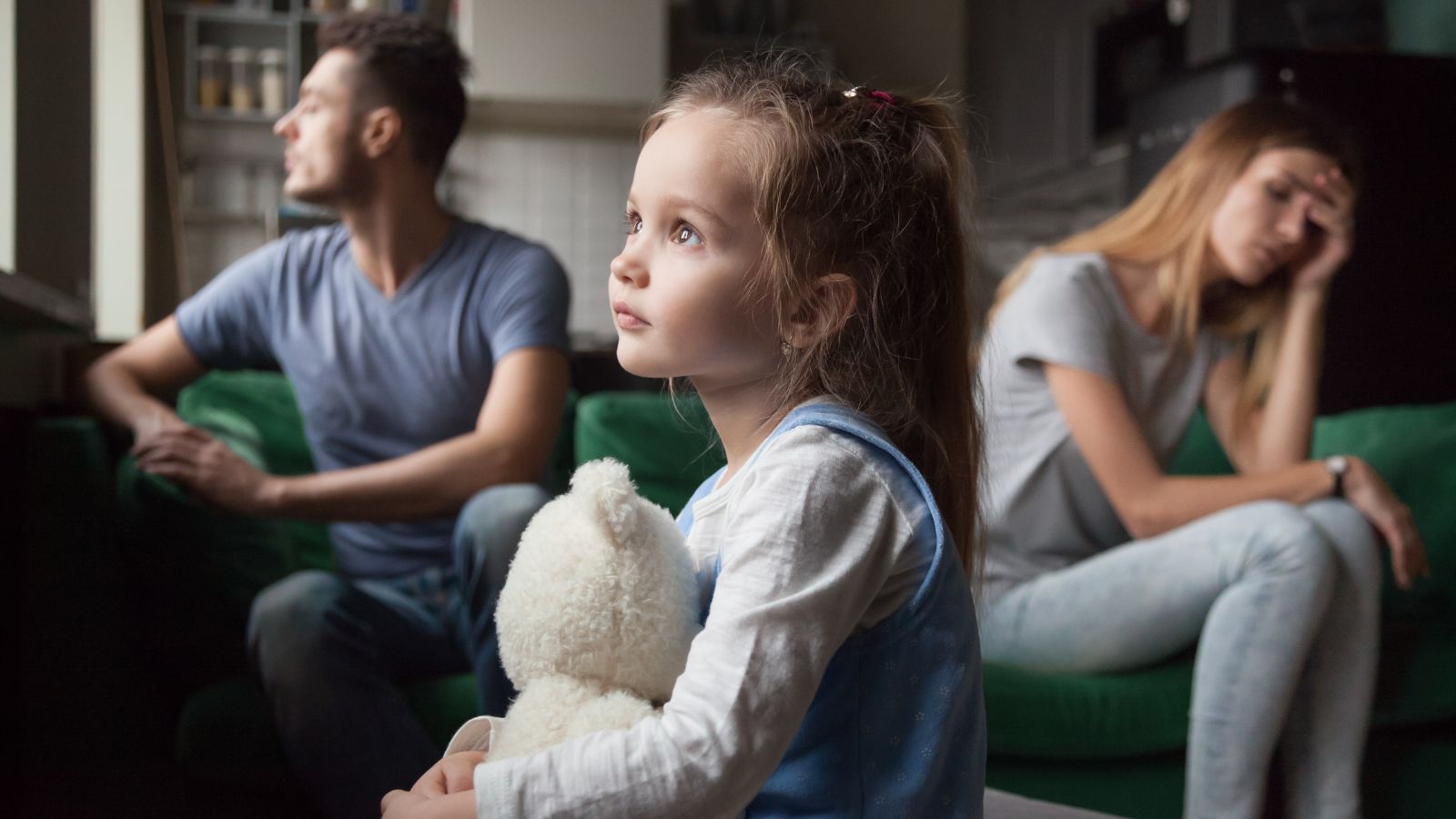
Mental health wasn’t a topic families talked about in the ‘70s. Struggling kids were often told to “toughen up” or “snap out of it.” Today, we’re far more attuned to the importance of emotional well-being, with parents more likely to seek therapy or support for their children when needed.
Chores as Punishment
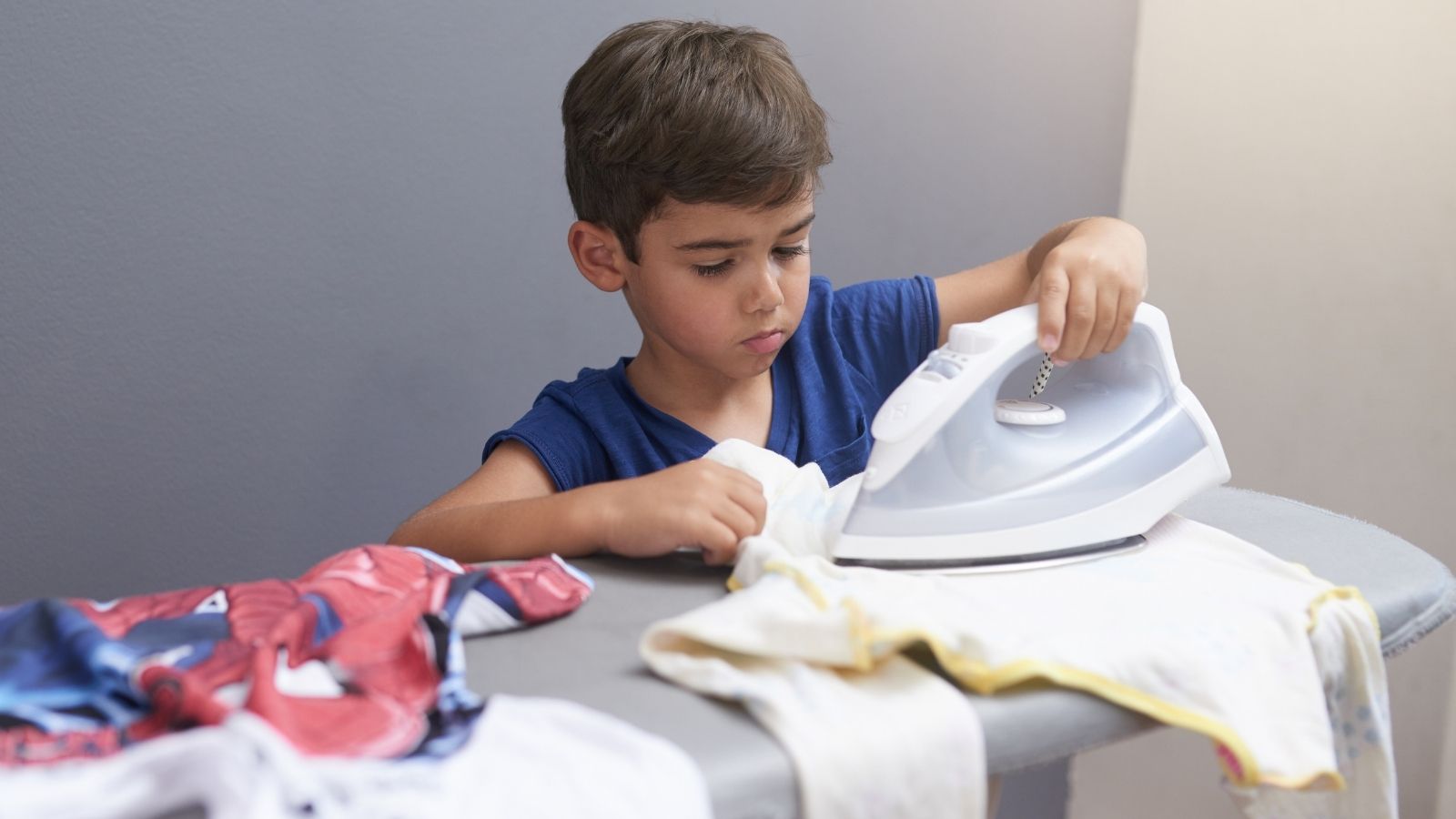
Back then, punishment often involved extra chores—sometimes physically demanding ones. While teaching responsibility through chores is still a great idea, using them as punishment can feel punitive rather than productive. Parents today are more likely to approach discipline in ways that foster learning and growth.
Ignoring Food Allergies

In the ‘70s, dietary restrictions were rarely taken seriously. Kids with allergies or sensitivities were often seen as “picky eaters.” Today, with better awareness of the seriousness of food allergies, families are more accommodating and careful about meal planning.
Conclusion

The traditions of the 1970s hold a lot of nostalgia—they were born from love, even if they didn’t always reflect what we know now. Today, we’ve grown as a society, learning to create safer, more inclusive, and emotionally supportive environments for our families.
While some of these traditions are better left in the past, they remind us of where we’ve come from and how far we’ve progressed. And that’s a legacy worth celebrating.
25 Countries Predicted to Become Economic Superpowers in the Next 20 Years

The strength of an economy plays a crucial role in various international policies about trade and relations. Certain factors determine the strength of an economy, including population growth, availability of resources, and development and advancement. Here are 25 countries predicted to become economic superpowers in the next 20 years
25 Countries Predicted to Become Economic Superpowers in the Next 20 Years
